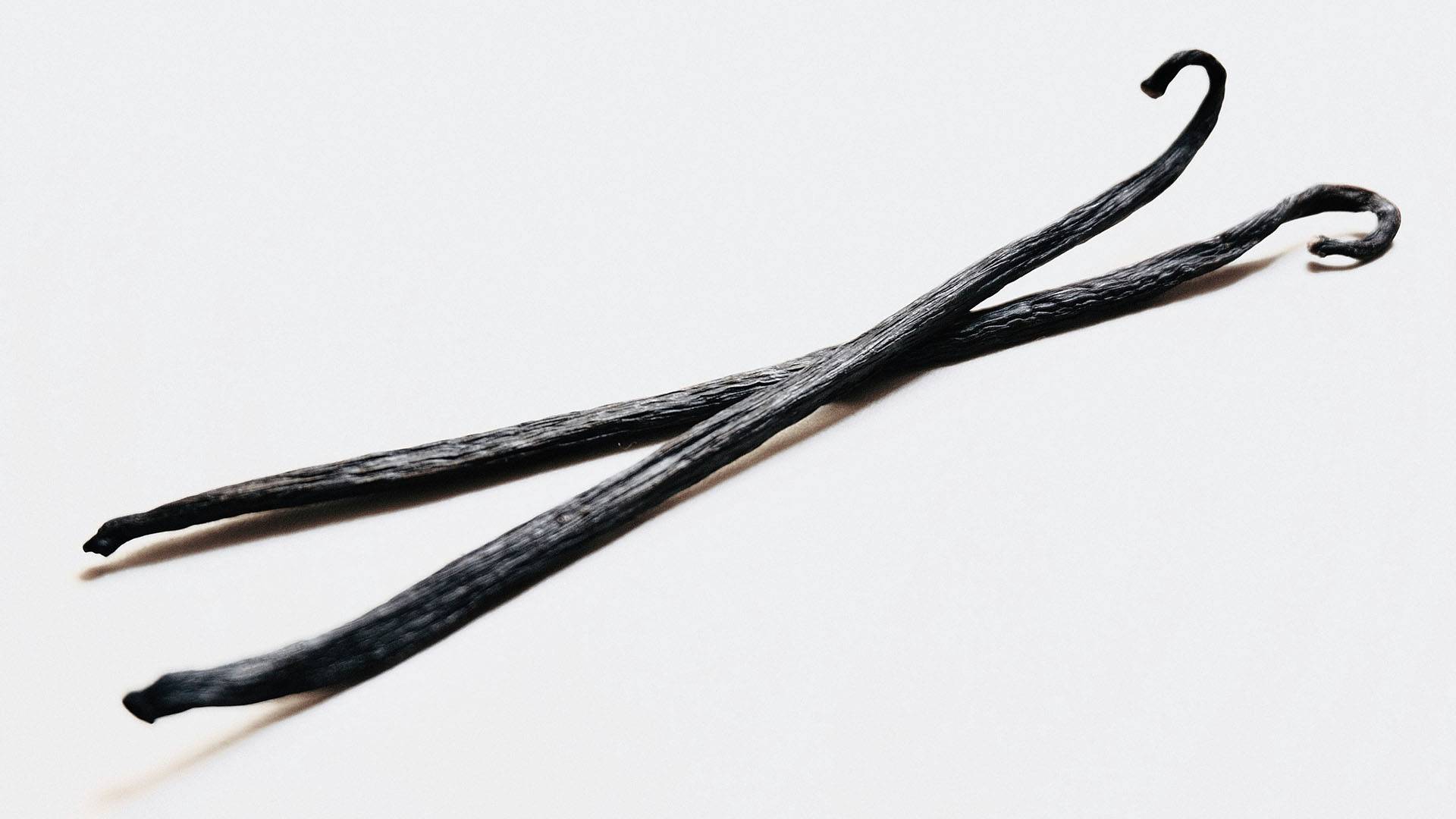“Vanilla is everywhere,” says Jahanvi Chamria ’28. “It’s there in chocolate, perfumes, and almost every dessert in some quantity.” So when she and Diya Badola ’25 launched a TIA venture focused on hydroponic farming — a method of growing plants in a water-based nutrient solution without soil — they chose to center their efforts on vanilla: a valued, notoriously delicate crop.
Their venture, Shneer Agritech, introduces a fully automated hydroponic system designed to to halve production time and significantly reduce labor costs.
Based in Jaipur, India, Shneer Agritech operates on a small plot of land where Chamria and Badola are testing their technologies. A computer science and physics major, Chamria credits “Colgate’s focus on a well-rounded education” for strengthening her ability to “conduct research and grasp new scientific concepts.” For the venture, she has programmed a system of sensors and alarms to water and deliver nutrients to the crop, eliminating the need for human oversight.
“With this system, no person has to physically check if everything’s okay,” she explains. “The system just takes care of itself, and it fully automates labor costs.”
When pH and carbon dioxide levels fall below a certain threshold, the sensors activate, triggering the delivery of water or nutrients through a network of tubes. Though the crop grows without soil, it is supported by a porous aggregate — in this instance, lava rocks — which allow for proper drainage. The method, Chamria and Badola report, uses “roughly 80% less water than traditional vanilla farming.”
“Vanilla is one of the world’s most valuable spices, yet traditional farming is inefficient, costly, and environmentally unstable,” adds Chamria. “Our smart irrigation system ensures precisely timed nutrient dosing, while a built-in filtration unit preserves water purity and reduces waste.”
Chamria and Badola’s first batch, harvested this year, consisted of about 16 plants grown in 1.5 years — half the time needed for traditional cultivation. Their larger mission further addresses volatility and exploitation in the global vanilla trade, particularly in Madagascar, where the bulk of the world’s vanilla is produced.
“With rising global demand and increasing preference for ethically sourced, premium ingredients, we’re aiming to provide food manufacturers, importers, and fragrance companies with a reliable, high-quality vanilla supply,” says Chamria.
In the coming months, the venture will continue to take shape as the team participates in the TIA Summer Accelerator, an eight-week program designed to help students and recent alumni build their ideas into businesses.
“We were able to grow one batch, and it turned out pretty well. Now, through TIA, we’re looking at a larger setup,” says Chamria. “Of course, we have a robust, working idea — I’m confident that our TIA mentors will continue to help us transform it into a sustainable business.”
